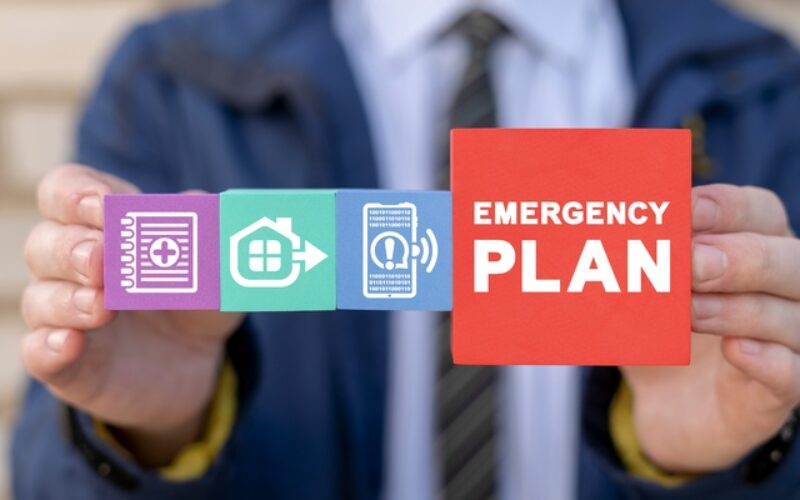Emergency preparedness for students means staying ahead of problems instead of scrambling during one. Here’s how to stay safe and confident, no matter what comes your way.
Build a Ready-To-Go Emergency Kit
Emergencies strike when you least expect them, and a ready-to-go kit gives you what you need to manage unexpected situations with less stress. Start with basics like a flashlight, batteries, and a first-aid kit to handle power loss and minor injuries. Include copies of ID, insurance cards, and a written list of emergency contacts. Keep everything in a portable bag so it’s easy to grab and go.
Pack bottled water and non-perishable snacks to keep your energy up during a long wait or lockdown. Toss in hygiene products, a whistle, and a portable phone charger. If there’s space, include a small emergency blanket. For students living in dorms, keep your kit compact and easy to store.
Know Campus Safety Protocols
Every campus has its own system for handling emergencies. Learn evacuation routes, shelter locations, and where to find emergency phones. Save your campus security’s number in your phone and use safety apps many universities offer for real-time alerts.
Set up shared safety plans with roommates or close friends. Talk about where to meet during a building evacuation and how to stay in touch late at night. These steps build confidence and give everyone a shared plan to follow during stressful moments.
Set Up a Reliable Communication Plan
Staying connected during a crisis keeps things under control. Build a simple communication plan that covers more than just texting and phone calls. Cell networks can become overloaded, so having backup options matters.
Texting often works better than calling when the network is busy. In case phones go down, think about what to look for in emergency two-way radios. These tools can be useful when group members need to stay in touch without relying on cell towers.
Pick a trusted out-of-state contact as your central check-in person. This person can pass along messages if local service is unreliable. Share the plan with your family and practice it occasionally, so everyone knows what to expect.
One Last Tip: Understand Your Insurance
Emergencies often involve medical needs, damaged belongings, or accidents. Knowing what types of insurance you have—like health, renters, or auto—can speed things up during a stressful situation. Take time to understand basic terms, how to file claims, and what your coverage includes.
Act Now, Not Later
Emergency preparedness for students is about peace of mind. Build an emergency kit, learn your campus safety rules, set up your communication plan, and make sure you understand your insurance to be ready for anything life sends your way.
Don’t wait for a problem to figure this out. Set aside time this week to put these plans into place. Even small steps today can make a big difference tomorrow. Staying prepared keeps you grounded, even when the unexpected hits.
Image Credentials: By wladimir1804, #501428246
end of post … please share it!
PAYING FOR COLLEGE: getting the aid you need
-------------------------------------------------------------------------------------------------------------
end of post idea
-------------------------------------------------------------------------------------------------------------
view home improvement ideas at our Photo Remodeling center











